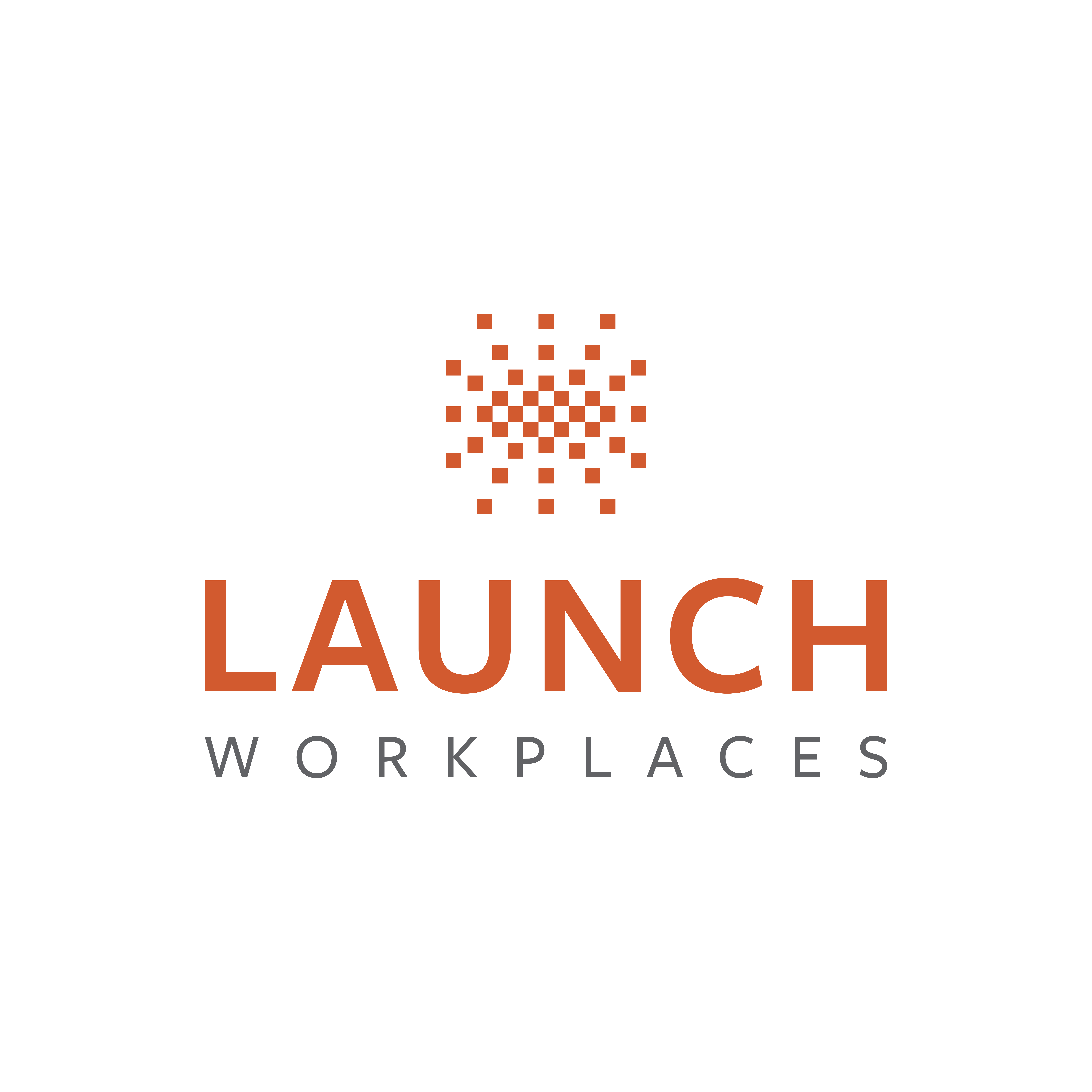
Scaling a company is a significant milestone for SMBs. Scalability is defined as “the ability of an organization to perform well under an increased or expanding workload.”
Or, more revenue and results at a sustainable rate over the long term—something a lot of business owners want to see.
But scaling a business isn’t easy. One study found that only 22% of new businesses launched in the past ten years have successfully scaled. This doesn’t mean businesses that don’t scale aren’t successful, they’re just not moving up to that next higher level of performance and output.
So, how to do it?
Here are 10 scaling ingredients that will help you take your business to the next level.
Your Checklist for Growth: 10 Ingredients for Scaling a Company
Successfully scaling a company doesn’t happen on a whim. It requires careful planning, strategic thinking, and solid execution. Here are ten key scaling ingredients you need:
1. Commitment and Mindset
Like anything, the most important place to start is with your own internal mindset and commitment. No matter what’s happening externally, you and your team members need to be in the right headspace to scale your business.
You want to adopt the mindset of a leader. Here are a few important shifts to make:
- Growth orientation: This is your determination to grow and succeed. If you believe you can, you set yourself up for success.
- Adaptability and resilience: Scaling a company is not without challenges and unexpected circumstances—the more adaptable you are, the easier it will be.
- Open to change: Things will look different as you scale, and being open to change will help you adapt quicker.
2. Timing
Another critical factor to successfully scaling a company is timing. You don’t want to scale too soon and strain resources, but you also don’t want to wait too long and miss opportunities in the market.
Here are a few ways you can know it’s the right time to scale:
- Turning customers away: If you don’t have enough time, resources, inventory, or employees to meet your demand, it might be time to scale.
- Exceeding goals and milestones: If you’re meeting financial, sales, or engagement goals earlier than expected, you may have the capacity to start scaling up.
- Strong financials: Good cash flow and repeatable sales are important for scaling. It’s not just about profit—it’s about also having a regular and steady income for the long term to sustain a scalable model.
- Operational efficiency: You need solid infrastructure, technology, and team members to be able to scale. Make sure you’re operating at 100% before trying to do anything bigger.
3. Skill Sets
Take an audit of your team’s current skill sets. To scale a company, you’ll need a diverse range of skills and abilities and, as you grow, roles may become more specialized.
Leaders must assess existing skills to identify gaps that need to be filled. Part of your scaling strategy needs to include hiring and training employees with the right expertise to ensure you’re equipped to handle the increased demands of growth.
4. Clear Goals
Scaling a business should be controlled and thoughtful. The key to this is setting clear goals and milestones as you scale. You can identify phases of growth and get clear about what it looks like in terms of:
- Timeline: When should this phase start and end?
- Revenue and other financial metrics: How much should you make by this phase and what should the cash flow look like?
- Operations: Who is responsible for what? What are the key activities during this time?
Clear goals serve as guiding principles that align your organization around a common vision. It helps the path to scaling become more obvious and easy to attain.
5. Systems and Processes
Strong systems and processes are the backbone of scaling because it allows you to do things quicker and more efficiently.
To scale, you need to be able to replicate business processes quickly and precisely, over and over again. You find out what works and then stick with it so you can accomplish it faster.
This involves auditing your current systems and processes to see what needs to be improved. The focus should be on streamlining operations, automating repetitive tasks, and establishing standardized processes.
6. Tools and Technology
Despite the plethora of technology available today, many workers are spending time on manual and repetitive tasks. Leverage tools and programs to eliminate anything that wastes time and productivity. As you scale, you need everyone to be focusing on what’s most important and eliminating things that take too much time.
Consider investing in tools and technology that optimize processes like:
- Accounting, payroll, or reporting
- Project management and communication
- Appointments and scheduling
- Customer relationship management
If you are looking for some ideas, check out these must-use tools for successfully managing a team.
7. Ideal Customers
To scale a company successfully, you need to be able to identify your ideal customer. Many companies try to be “all things to all people” and don’t get specific on who they’re trying to reach.
But if you really want to scale up, you need to stay connected to the core demographic that drives your success. Satisfied and loyal customers are the foundation of scaling and can be your biggest advocates.
Get to know your ideal customers by:
- Analyzing buying behaviors.
- Creating a customer “avatar” to help identify what your ideal customer is like.
- Continuously gathering feedback.
- Catering to customer needs and prioritizing your customer engagement strategy.
- Incentivizing and rewarding customer loyalty.
- Reviewing industry and demographic trends.
8. Optimized Company Offerings
If you’re thinking of scaling a business, you’re already doing something right. To take your business to the next level, you will have already found ideal customers who are seeking your company’s offerings.
But to scale, you need to bring in as much revenue as possible. This comes from optimizing your company’s offerings, whether that’s products or services. You can do this by:
- Staying aware of your competitors.
- Creating a niche for your offerings.
- Learning from customer preferences and behavior.
- Understanding your strengths and weaknesses.
- Balancing new offerings with existing ones.
- Optimizing marketing of your best-performing offerings.
9. Help and Leverage
To scale a business and earn more revenue, you’ll need more help. Ensure you’re hiring the right people to fit your needs, but be wary of bringing them on too soon.
Hiring salespeople, for example, before your product is ready to sell can lead to confusion and frustration. Instead, make sure you’re hiring people as you need them, not before. Focus on some of the fundamentals we discussed like auditing the systems, processes, skills, and technology you use so that you have operational efficiency and are ready to hire new team members.
Further to this point, you don’t have to scale up on your own. You can find partners, collaborators, and even mentors from other entrepreneurs to help you on this journey. Learning to collaborate, outsource, and delegate can help elevate your business.
10. Measured Results
Finally, make sure you’re measuring results. You need to have objective numbers and data to help identify how successfully you’re scaling a business. Some important metrics to keep up with include:
- Customer acquisition cost: This is the cost of labor and materials for acquiring new customers. To scale, this needs to go down.
- Lifetime customer value: This is the total value of a customer over their lifetime, and needs to increase as you scale a company.
- Growth rate: This can capture how your revenue, customer base, or anything else grows month over month. Set your goals high to ensure you’re achieving them to scale successfully.
Scaling a company successfully doesn’t rely on just one single thing like profitability. Instead, it’s a multifaceted endeavor that requires commitment, strategy, and the right resources. There’s no one-size-fits-all formula, but you can incorporate these 10 scaling ingredients to put you and your company on the right path.
And if you’re looking for a professional and supportive work environment to scale your business, book a tour of your local Launch Workplace today and see what we have to offer.



